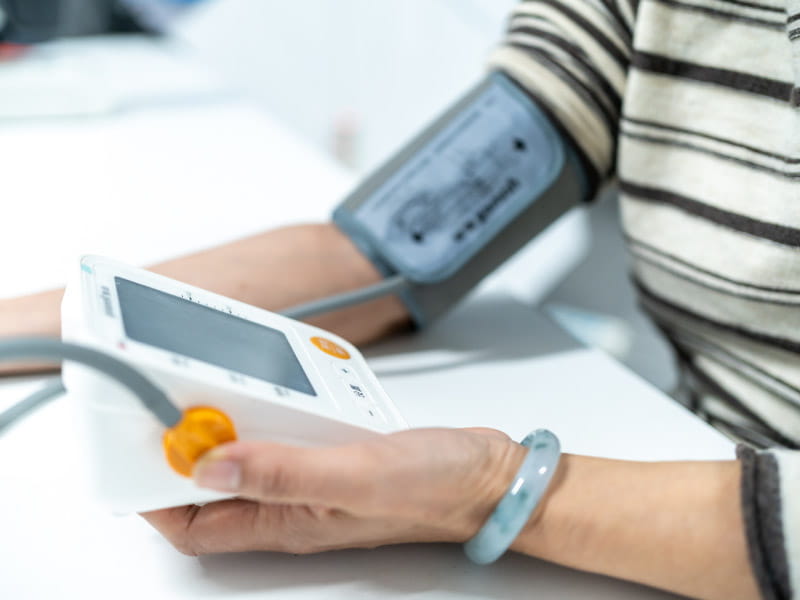
Sexual assault and workplace sexual harassment – traumatic and common experiences for U.S. women – may increase the long-term risk of developing high blood pressure, according to new research.
“Reducing sexual violence against women, which is important in its own right, may also provide a strategy for improving women’s lifetime cardiovascular health,” study author Rebecca B. Lawn said in a news release. She is a postdoctoral research fellow in epidemiology at Harvard University’s T.H. Chan School of Public Health in Boston.
Compared to women who said they had never been sexually assaulted or harassed, those who experienced both had a 21% higher risk of developing high blood pressure, according to the study published Tuesday in the Journal of the American Heart Association. Women who reported experiencing workplace sexual harassment alone had a 15% higher risk, and sexual assault alone carried an 11% higher risk.
Researchers said their analysis ruled out other types of trauma as being associated with the increased risk of high blood pressure, also known as hypertension. High blood pressure is a major risk factor for cardiovascular disease, the leading cause of death among women.
“These results suggest that screening for a broader range of experiences of sexual violence in routine health care, including sexual harassment in the workplace, as well as verbal harassment or assault, and being aware of and treating potential cardiovascular health consequences, may be beneficial for women’s long-term health,” Lawn said.
Previous studies have shown up to 44% of women report having had some form of unwanted sexual contact. Up to 80% report having been sexually harassed at work.
Lawn and colleagues analyzed seven years’ worth of data for 33,127 women who had no history of hypertension or had not taken medication for high blood pressure as of 2008. Their average age was 53 at the time, and most of them were white.
By 2015, nearly 7,100, about 1 in 5 of the women, had developed high blood pressure. The lifetime prevalence was 23% for sexual assault and 12% for workplace sexual harassment, and 6% of women reported both.
Although it’s becoming more common for primary care providers to screen for partner violence, Lawn said, “exposure to sexual violence is not widely recognized as a contributor to women’s cardiovascular health.”
According to AHA statistics, nearly 43% of women in the U.S. ages 20 and older have high blood pressure, which is defined as 130/80 mmHg or higher.
Nearly all the study participants were non-Hispanic white women who worked as professional nurses, so the findings may not be applicable to the general population. The study also was limited by the fact that the timing and severity of the sexual assault and workplace harassment were not captured, which may affect the impact of other traumas. And sexual violence was assessed retrospectively, which means it is subject to memory recall issues.
“We hope future studies will examine these questions with more detailed information on sexual and other forms of violence,” Lawn said. “These questions need to be investigated in more diverse groups of people of various ages, races and ethnic backgrounds and gender.”
If you have questions or comments about this story, please email editor@heart.org.








